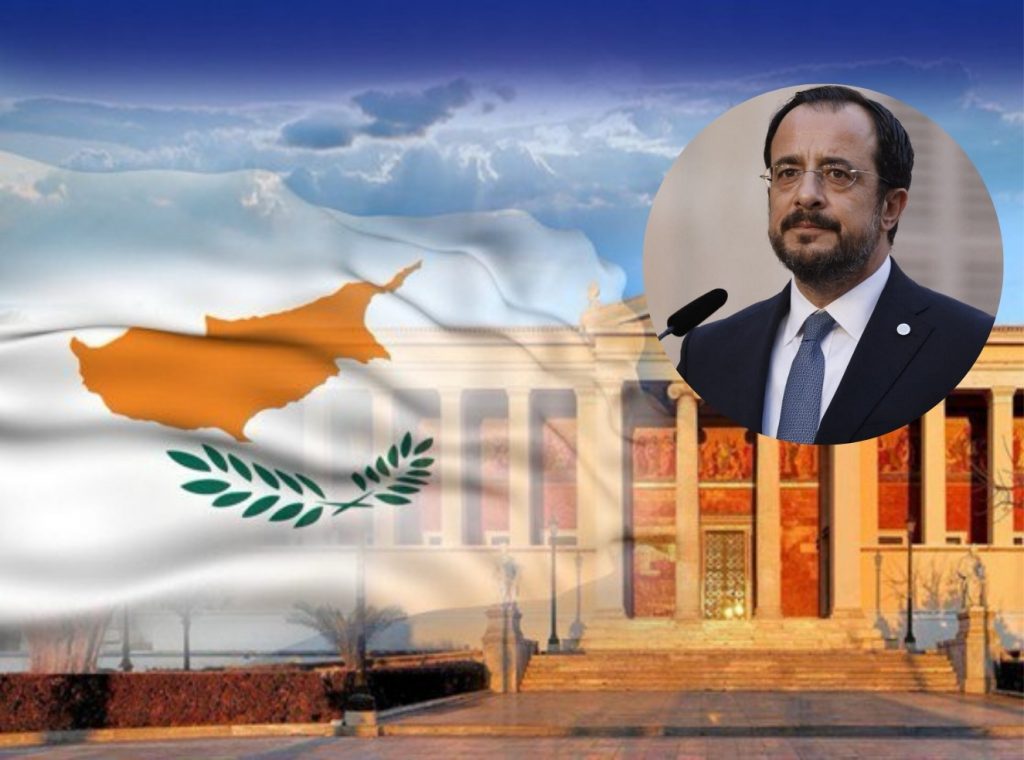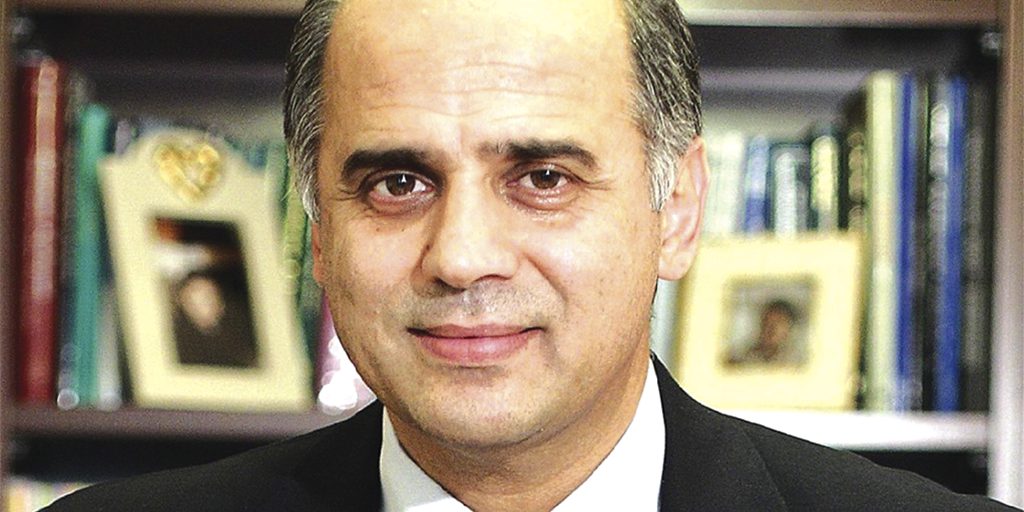University of Edinburgh: Leading lights from the international engineering community received honorary degrees from the University of Edinburgh at a ceremony on Tuesday 4 July.
Professor Sergios Theodoridis received the honour during a ceremony at the McEwan Hall, in recognition of his exceptional contribution to the University of Edinburgh over a number of years.
Professor Theodoridis has enjoyed a long and successful career with significant research contributions to signal processing and machine learning. He has developed new theories of these techniques, with applications across audio, optical character recognition and medical applications among others.
He also wrote one of the most widely recognised textbooks on pattern recognition – a core function of modern neural networks that power the transformative artificial intelligence techniques that are now a major part of our everyday lives.
Professor Theodoridis received his PhD in 1978 from the University of Birmingham, where he worked as a postdoctoral researcher before returning to academic positions at Patras, Greece and later the University of Athens. Currently he is a Distinguished Professor at Aalborg University, Denmark.
Professor Theodoridis is a Life Fellow of the Institute of Electrical and Electronics Engineers (IEEE), and received both the IEEE Signal Processing Society Education Award for “sustained contributions to education in the area of machine learning for signal processing” and the IEEE Signal Processing Society Norbert Wiener Award – the Society’s highest honour.
Professor Theodoridis is a corresponding Fellow of the Royal Society of Edinburgh (RSE) and has close ties with the City and University of Edinburgh, and our School. He has collaborated with the School’s Director of Research, Professor Michael Davies on the European Training Network on Machine Sensing (MacSeNet) and worked closely with former head of school, Professor Peter Grant, in the European Association for Signal Processing (EURASIP).
“It was almost 50 years ago that I got excited in trying to understand how to build computers that can learn from data and experience. Over these years, this branch of artificial intelligence (AI) has matured and has offered to humanity many fascinating advances that improved our lives. However, the field has grown so fast and its evolution was left unregulated to follow an “arms-race” model among companies. AI technology can now pose serious risks to our democracy. It has the power to control and manipulate us, both as citizens as well as consumers. The time has come to demand and work for transparent, fair and ethical AI. The goal of any technology is to serve humanity and not the other way around.”
– Professor Sergios Theodoridis.
See more: https://eng.ed.ac.uk/about/news/20230706/leading-engineering-figures-receive-honorary-degrees
















